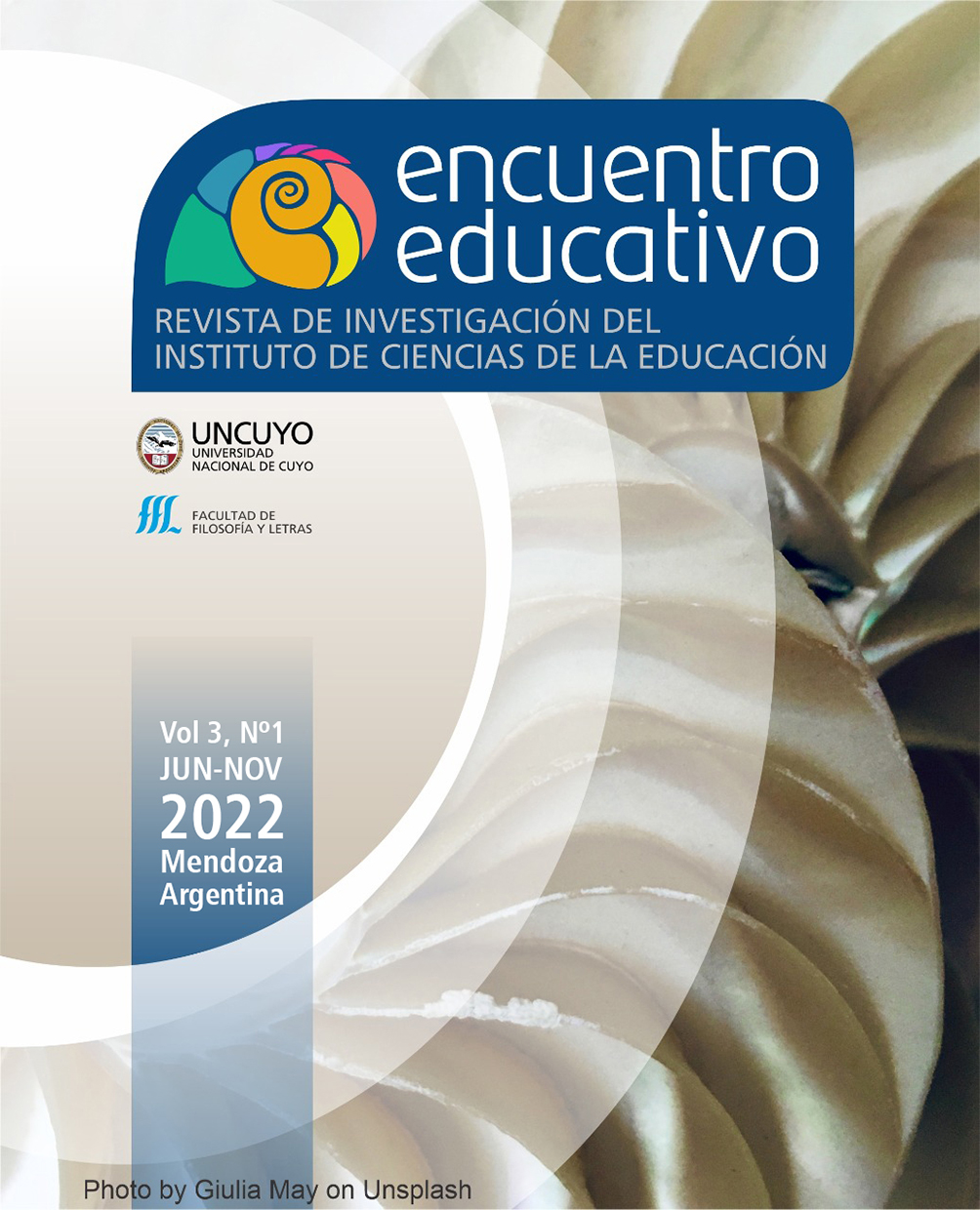The documentary school: the visual dimension of the real.
Documentary production as a pedagogical strategy from middle level school in São Paulo
Keywords:
Cinema and Education, Liberating Education, Autonomy, Learning Education, Paulo FreireAbstract
Through the analysis of issues such as audiovisual language at school, the use of the cinema in the educational process, the lack of importance given to the documentary film in the presence of fiction, and the Pedagogy of autonomy by educator Paulo Freire, this work is a reflection of the results achieved during the investigation of the doctoral thesis of the author. He investigated the production of the films at the secondary school “Discere Laboratum”, located in the city of São Paulo, province of São Paulo, Brazil, between the years 2008 and 2010. Encouraging the ability to create and think, instead of working only with memory capacities, became the basic and deep mandate of the new education, which justified this work academically and socially. The general objective of the thesis was to know if the production of documentaries, made entirely by the students (including the script) can provide the motivation and autonomy proposed by Freire's pedagogy, impacting the students postures regarding when it comes to society and becoming a pedagogical strategy so they can be agents of their own learning. Methodologically, this article presents a basically qualitative approach, since it brings the results of the investigations made with students of the targeted school. In addition, workshops were held with students, interviews with parents, school principals and coordinators, and the Film Festival was established with the classification of short films produced by students. In this article we present the results relative to the students. It was concluded that there were modifications in their way of thinking about the social structure, since they started leaning over humanism during their creation processes. Thanks to this new vision that was consolidated, not only did they become agents of their own learning, but also social agents capable of generating an impact in society and the future, as they perceived other realities and accomplished critical and autonomous thinking.
References
Almeida, A. C. A. (2007). Cabeça do Brasileiro. Editora Record.
Althusser, L. (1983). Aparelhos Ideológicos de Estado. Graal.
Anderson, P. (1995). Balanço do Neoliberalismo. In E. Sader & P. Gentili (Orgs.). Pós-Neoliberalismo, as políticas sociais e o Estado democrático, (p. 9). Paz e Terra.
Bourdieu, P. (1982). Campo de poder, campo intelectual e habitus de classe. In P. Bourdieu, A economia das trocas simbólicas (pp.183-202). (2ª ed.). Perspectiva.
Brandão, C. R. (2005). O que é o método Paulo Freire. Ed. Brasiliense.
Freire, P. (1996). Pedagogia da Autonomia: saberes necessários à prática educativa. Paz e Terra.
Freire, P. (1997). Ação cultural para a liberdade. 2ª ed. Paz e Terra.
Gadotti, M. (Org.). (1996). Paulo Freire: uma biobibliografia. Cortez.
Habermas J. (1984). Reason and the rationalization of society. Vol. 1. Beacon Press.
Honneth, A. (2003). Luta por reconhecimento: a gramática moral dos conflitos sociais. Ed. 34.
Paulino, R. A. F. (1998). Uma pedagogia para os meios de comunicação (entrevista com Guillermo Orozco Gómez). Comunicação & Educação, (12). 77-88.
Peruzzo, C. M. K. (1998). Comunicação nos movimentos populares: a participação na construção da cidadania. (2. ed.). RJ. Vozes.
Prieto, C. D. (2017, noviembre). Construirse para educar. Caminos de la educomunicación. Chasqui. Revista Latinoamericana de Comunicación, (135), 17-32.
Ramos, F. P. (2008). Mas afinal... O que é mesmo documentário. Senac.
Soares, I. (2000, dezembro). Educomunicação: Um campo de mediações. Comunicação & Educação, (19), 12-24.
Sousa, E. A. (2010). Breves considerações sobre o pensamento conservador e a pós-modernidade. Trabalho de Conclusão de Curso (Serviço Social). Universidade Federal do Rio de Janeiro. Rio de Janeiro. Brasil.
Stelmacki Junior, R. (2006). Uma análise a respeito do pensamento conservador. Revista Emancipação, 6 (1) . https://revistas2.uepg.br/index.php/emancipacao/article/view/72
Zitkoski, J. J. (2006). Paulo Freire e a Educação. Autêntica.
Downloads
Published
How to Cite
Issue
Section
License
Copyright (c) 2022 Alexandre Buccini

This work is licensed under a Creative Commons Attribution-NonCommercial 4.0 International License.













